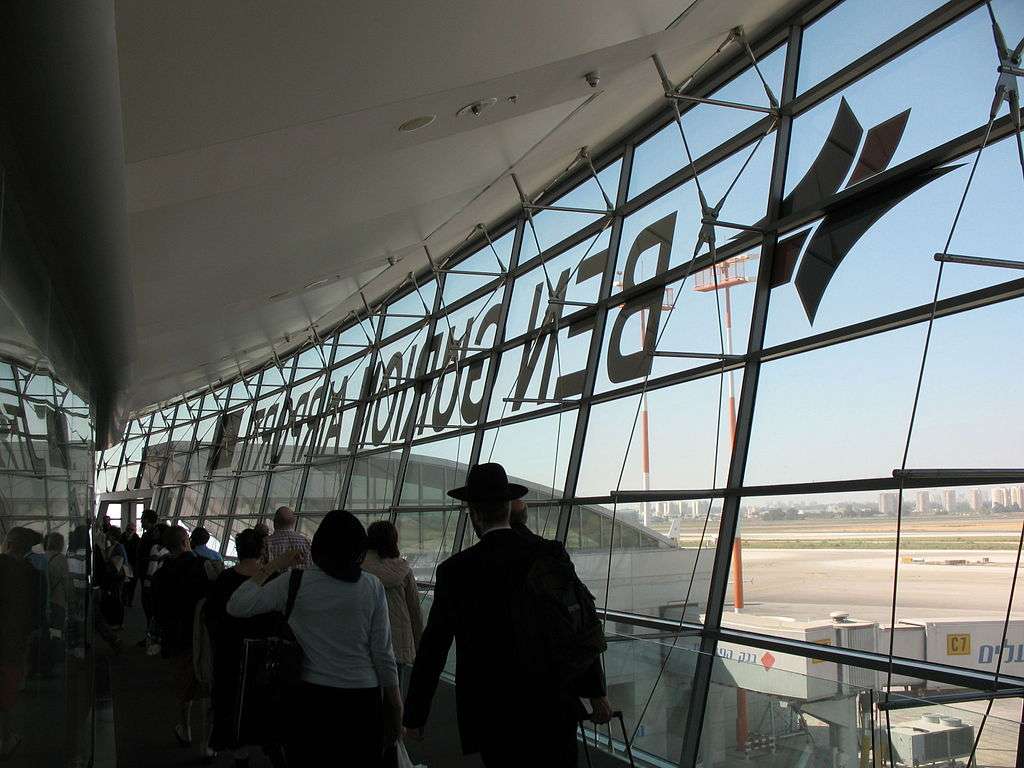Despite the ongoing conflict in Israel, many international airlines are continuing to repatriate citizens from Tel Aviv.
This comes as a relief to many who have been stranded in the country, but it is also remains a risky undertaking for the airlines involved with a rapidly evolving situation on the ground.
The city itself has been under rocket attack from Hamas militants for several days, and there remains a risk to inbound and outbound commercial traffic.
Additionally, there is a risk of civil unrest in the city, which could make it difficult for passengers to get to and from the airport.
The situation at Ben Gurion Airport
Commercial flights at Ben Gurion Airport have been suffering delays and periods of holding in recent days due to the ongoing conflict between Israel and Hamas.
On Tuesday, October 10 2023, the airport was closed for several hours after Hamas rocket attacks. This resulted in significant delays and cancellations of flights.
[monsterinsights_popular_posts_inline]
On Wednesday, October 11, the airport reopened but flights continued to experience delays and periods of holding. This was due to a number of factors, including:
- The need to implement additional security measures
- The need to coordinate with the Israeli military to ensure the safety of flights
- The disruption to air traffic caused by the conflict
On Thursday October 12, the situation at Ben Gurion Airport remains fluid. Flights are continuing to experience delays and periods of holding, but the airport presently remains open and operating.
EASA Conflict Zone Information Bulletin
According to the EASA Conflict Zone Information Bulletin currently valid for the Tel Aviv Flight Information Region:
“CAA Israel informs that EILAT-RAMON INTL airport (LLER-ETM) is available, both as preferable alternate airport and as a possible destination within Israel, outside the present zone of conflict.”
“Due to the unstable situation, EASA will continue to closely monitor the situation, with a view to assess whether there is an increase or decrease of the risk for EU aircraft operators as a result of the evolution of the threat.”

Continued Repatriation Flights
Despite the risks, a number of airlines have continued to operate flights to Tel Aviv. El Al, the national airline of Israel, is continuing to operate flights to and from the city.
Korean Air also sent an empty plane to Tel Aviv on Wednesday, October 11 to repatriate 192 South Korean citizens.
Qantas is operating two special flights from Tel Aviv to London on Friday October 13, and Sunday, October 15, 2023, to repatriate Australians.
In addition to the airlines listed above, some governments are also arranging repatriation flights for their citizens. For example, the Australian government has asked Qantas and Virgin for urgent help to repatriate Australians from Israel.
Negotiated in collaboration with the government, Norwegian Air operated a special flight from Tel Aviv to Oslo on Wednesday October 11 to repatriate Norwegian and other Nordic citizens.
The situation remains fluid and subject to change for proposed evacuation flights. A British Airways flight was the subject of a forced turn back just minutes from landing in Tel Aviv on Thursday.
At the time of writing it is understood that a third evacuation flight will be arranged by Australia next week.
The Risks and Challenges
Repatriating citizens from Tel Aviv remains a complex and challenging task. The airlines involved have to take a number of precautions to ensure the safety of their passengers and crew.
First, because the situation remains fluid and subject to sudden change, the airlines have to carefully monitor the security situation in Tel Aviv and make sure operations can progress. They also have to work with the Israeli government to develop security plans for their flights.
Second, the airlines have to ensure that their passengers have a safe way to get to and from the airport. This can be a challenge, as there is a risk of civil unrest in the city.
Third, the airlines have to make sure that their passengers and operational crew have adequate protection from rocket attacks.

Click the banner to subscribe to our weekly newsleter.









